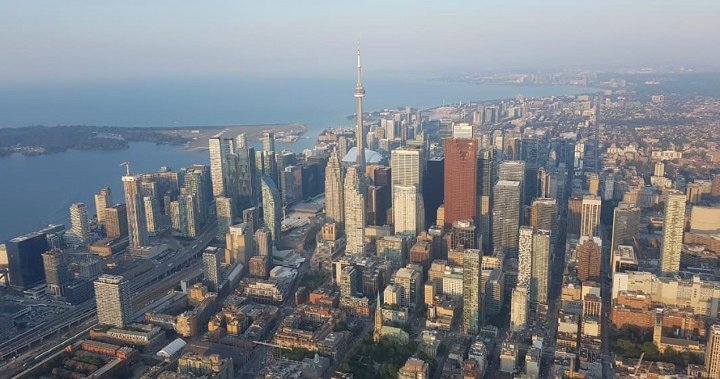
City of Toronto looking for feedback on vacant home tax in effort to increase housing supply
Global News
"Hopefully, over time, it becomes a tax that essentially collects no revenue, because it will have been successful in prompting investors to bring their units online."
Toronto residents are being asked for their input on a new tax aimed at boosting housing supply amid the city’s ongoing affordability crisis.
But some observers say they question just how much of an effect the tax, which kicks in next year, will have on Toronto’s housing supply.
The vacant home tax is meant to encourage property owners to sell or rent out their unoccupied residential properties to increase Toronto’s housing supply _ or pay a tax to keep them vacant.
The city has asked residents to fill out a survey, which includes questions on how much they support the tax, whether they agree with proposed exemptions and how often the tax should be evaluated. Submissions are being accepted until Monday.
Deputy Mayor Ana Bailao, who is also the city’s housing advocate, said the public consultation will allow the city to finalize some details of the tax, such as who can qualify for an exemption.
“The intent of the tax is really to motivate people who have the homes that are today sitting empty, and that are not fulfilling the role that I believe they should be fulfilling, which is actually being somebody’s home … to rent (them) or to sell (them),” she said.
Beginning in 2022, all property owners will be required to declare the status of their residential homes each year.
A unit is considered vacant if it’s been unoccupied for more than six months during the previous calendar year and is not the principal residence of the owner.













